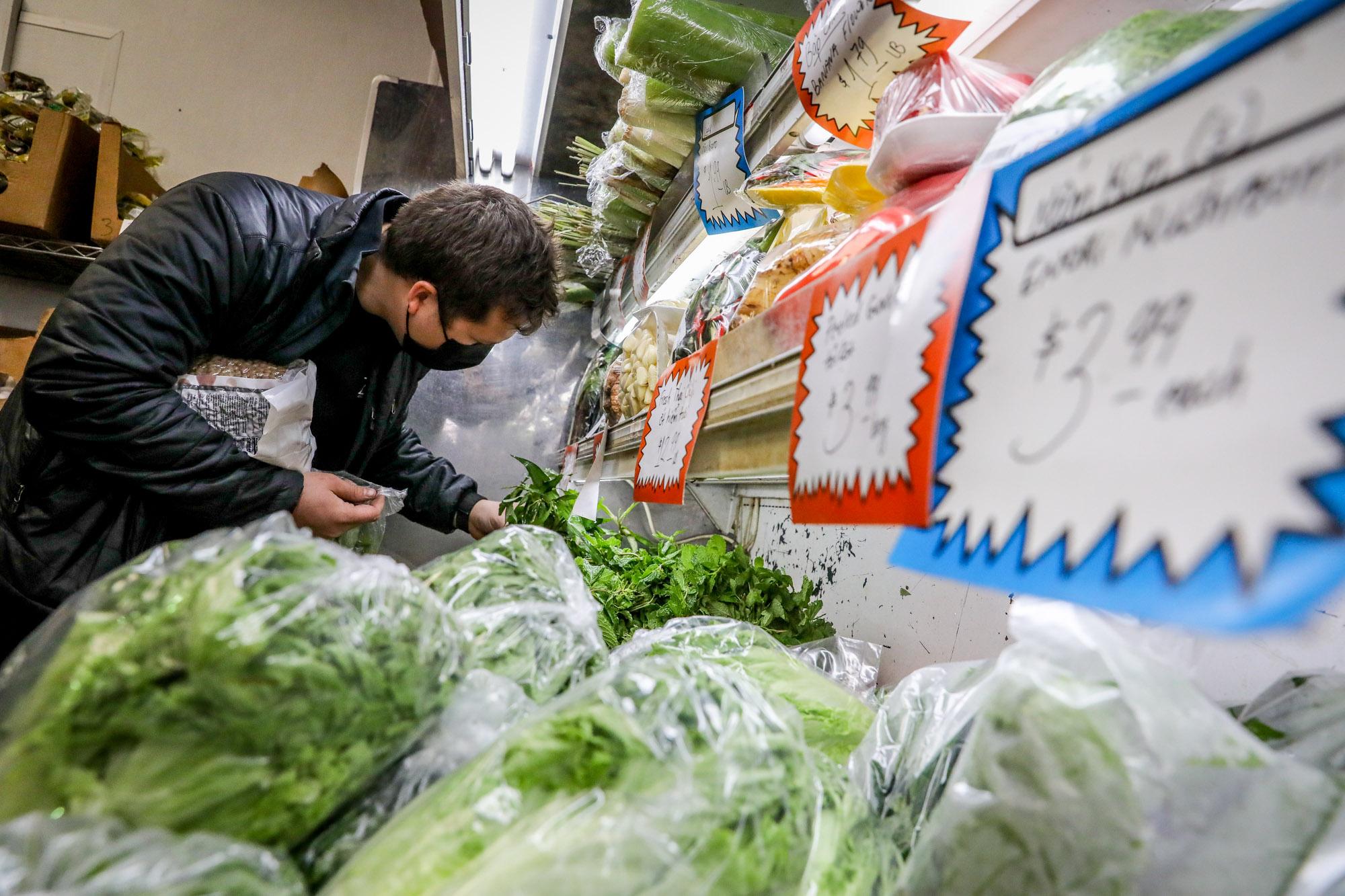
The number of new entities filing to do business in Colorado rose during the fourth quarter of 2021 from the same time the year before – but so did the number of those filing to dissolve, according to a report from Colorado’s Secretary of State.
The number of new business filings increased by 2.9 percent in the last few months of 2021 compared to the fourth quarter of 2020, totaling 35,625, the report found. The number of entities going out of business, however, jumped by about 13 percent from last year, totaling 11,363. Business filings reflect the health of the state’s entrepreneurial companies, officials say.
Overall, the state’s economy looks reasonably sound, with Colorado ranking 18th among all states in GDP growth through the third quarter of last year. Economists also forecast Colorado will this year gain back all the jobs lost during the pandemic.
Still, headwinds persist. Business leaders cite difficulty hiring, supply chain problems, inflation and rising interest rates as hurdles to growth, according to the report.
The recent jump in businesses shutting their doors isn’t surprising, Richard Wobbekind, senior economist and faculty director of the University of Colorado’s Leeds School of Business, said during a conference call on the report Thursday. As federal or state pandemic aid to help businesses ended, many have a tough decision to make.
“A lot of business support ran out [and] a lot of small businesses, particularly restaurants and retail, are trying to see whether or not the traffic is going to fully return,” Wobbekind said.
On top of that, the rising costs of just about everything – including wages – are weighing on smaller companies, he said. Wages in Colorado rose 5.7 percent in December from a year earlier, outpacing wage growth nationally.
“We know the small business sector is feeling a greater part of the brunt of what’s happened in the COVID economy,” Wobbekind said.
It’s difficult to unravel some of the contradictions in the data. For example, more people are working in Colorado now than at the start of the pandemic. But companies report difficulty finding people for a broad spectrum of openings from warehouse workers and truck drivers to nurses and professional business service providers. One issue is that a lot of these jobs require specialized training, Wobbekind said.
“You're not going to be able to take someone who left a restaurant job and move them into transportation and warehousing without getting them a [commercial driver’s license],” he said.
Additionally, fewer people are holding more than one job compared to before the pandemic, he said.
The leisure and hospitality industries, as well as mining and logging, are lagging those like finance and insurance when it comes to adding back jobs, according to the report.







